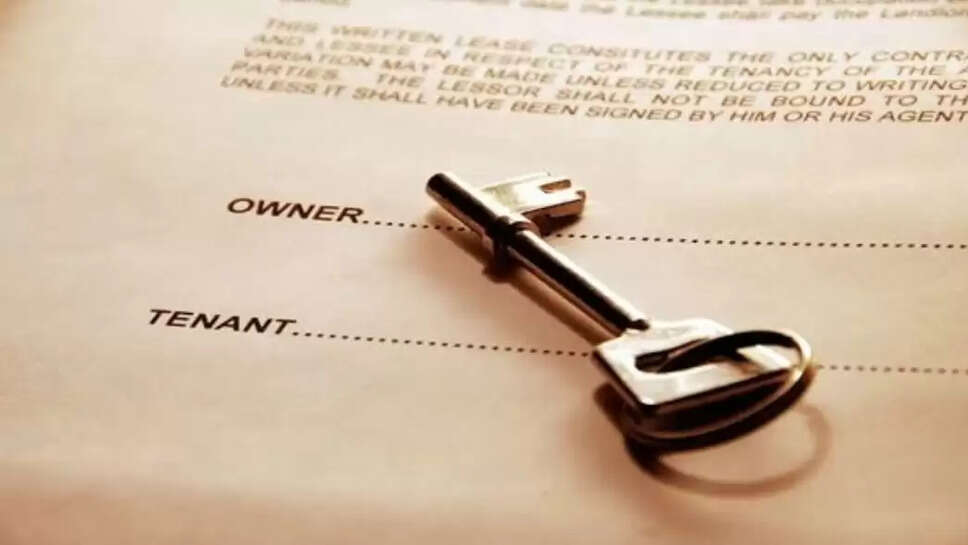Tenant landlord Dispute Rules: Will the house belong to the tenant after 12 years, landlords must know the law
Tenant landlord Dispute: There are some legal rules for renting property in India. If a tenant stays continuously for 12 years, then under certain circumstances he can become the owner of the property, in such a situation it is important for landlords to know about this law-

News, Digital Desk- (Tenant landlord Dispute) There are some legal rules for renting out property in India. Under certain circumstances, a tenant can become the owner of the property after staying there continuously for 12 years, although this is difficult but not impossible. Therefore, it is mandatory to make a rent agreement before renting.
It should clearly state the rental period, rent amount, maintenance responsibility and eviction conditions. Under the Registration Act, 1908, registration of rental agreements of more than 11 months is mandatory. This can avoid future disputes.
Along with this, we will tell you how you can protect your property from tenant possession. For this, what paperwork should you complete before renting out the property.
General rules for renting:
It is important to have a written tenancy contract between the landlord and the tenant. It should clearly state all the details like rent, payment method, duration, and repair responsibilities.
The tenant gets the right to use the property, but he should not violate the rights of the landlord. The landlord can increase the rent from time to time as per the state rules.
How can a tenant become an owner?
Under Indian law, if a tenant has occupied a property for a certain period of time and the landlord has not tried to take it away, in some states the tenant may have the right to become the owner of the property. This process happens under “Adverse Possession”, which is recognized under certain conditions given in Indian law.
Adverse Possession Rule-
If a person occupies a property illegally and this occupation continues for a few years, then that person can claim the rights of the owner.
This process is usually completed in a period of up to 12 years, if the landlord has not made any attempt to occupy the property and the tenant continues to occupy it.
What are the conditions of the rules?
The status of possession must be publicly, clearly and conspicuously maintained. The possession must be private and without obstruction.
The time limit can be up to 12 years (or sometimes 30 years, depending on state law). However, this rule does not apply in all cases, and this doctrine cannot be used if the landlord has already claimed the property in court or taken legal action.
Legal disputes related to tenancy-
If there is a dispute between the tenant and the landlord, it can be resolved in the court. For this, the tenant must first obtain a right from the court.
Some states have rent control acts in place, which clearly define the rights of the tenant and the landlord and also bring discipline in such cases. These acts help in resolving disputes and provide a legal framework for both parties.
